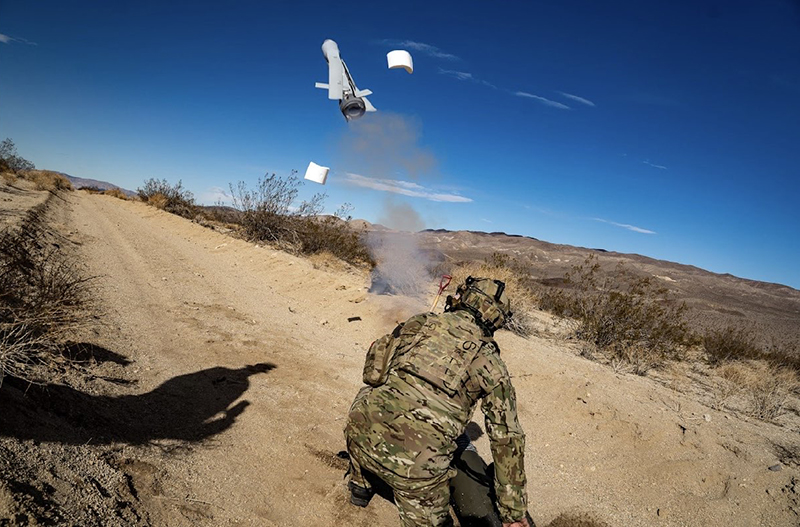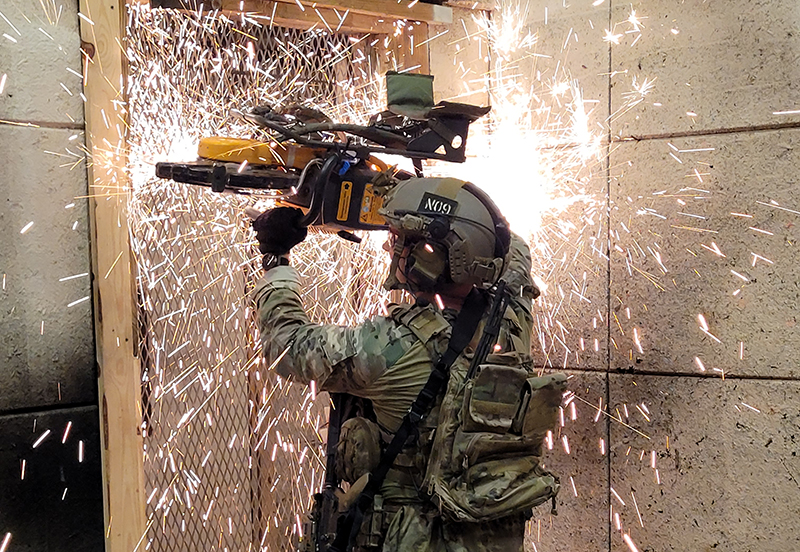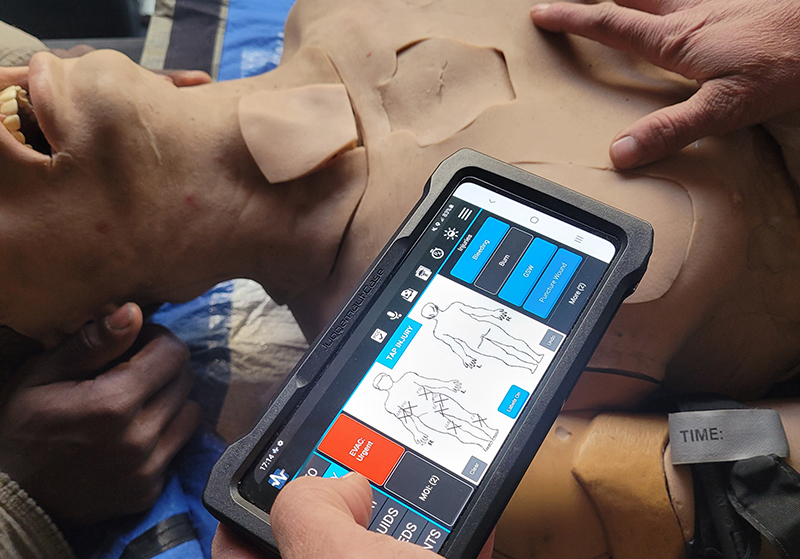The U.S. Army Special Forces Regiment faces a stark reality: too many training requirements and not enough time. This imbalance threatens operational readiness, forcing Special Forces Soldiers to juggle competing priorities while risking subpar performance in critical areas. To overcome this, the Regiment must adopt a focused, streamlined approach to training that prioritizes mission-essential tasks and mitigates the effects of overextension. Time is the most valuable resource. Without deliberate planning and prioritization, Special Forces Soldiers will be ill-prepared for the challenges of modern warfare.
During the Global War on Terror, Special Forces units of action focused on mastering foundational combat skills such as marksmanship, reconnaissance, and close-quarters combat. These "green skills" ensured combat readiness and success in operations across Afghanistan, Iraq, and Syria. Today, however, the demands of large-scale combat operations, coupled with training for irregular warfare and multi-domain operations, require Special Forces Soldiers to expand their competencies into new realms, including advanced technologies and academic understanding of complex strategic concepts. The modern battlefield demands more than tactical expertise; it requires operational adaptability across all domains (land, sea, air, cyber, and space).
 A Special Forces operator launches a live loitering munition to conduct an attack on enemy vehicles that are approaching their location. Loitering munitions provide the Special Forces detachments the ability to conduct precision targeting and strikes when close air support is unavailable in the battlespace. (U.S. Army photo by Chief Warrant Officer 2 Wayne B. MacKay)
A Special Forces operator launches a live loitering munition to conduct an attack on enemy vehicles that are approaching their location. Loitering munitions provide the Special Forces detachments the ability to conduct precision targeting and strikes when close air support is unavailable in the battlespace. (U.S. Army photo by Chief Warrant Officer 2 Wayne B. MacKay)
But the sheer volume of requirements overwhelms the Special Forces regiment. Administrative tasks, such as range packets, concept briefs, and training analyses—consume valuable time, while recurring meetings further detract from training opportunities. Core tasks like language proficiency, airborne readiness, and demolition training add to the burden, compounded by specialty certifications for Mountaineering, Dive, and Military Free Fall detachments. The result is an overloaded long-range training calendar that leaves little room for focused, effective preparation. This relentless pace leads to burnout and compromises the quality of training, leaving Special Forces Soldiers struggling to maintain proficiency in mission-critical areas.
 A Special Forces operator utilizes a quickie saw to bypass an obstacle while conducting close quarters combat. Adaptability is key for the Special Forces operators to secure their objectives rapidly and continue their mission. (U.S. Army photo by Chief Warrant Officer 2 Wayne B. MacKay)
A Special Forces operator utilizes a quickie saw to bypass an obstacle while conducting close quarters combat. Adaptability is key for the Special Forces operators to secure their objectives rapidly and continue their mission. (U.S. Army photo by Chief Warrant Officer 2 Wayne B. MacKay)
The gap between training requirements and available time is particularly evident in the realm of multi-domain operations. This strategic concept integrates air, maritime, cyber, and space domains, demanding academic preparation to understand terminology, concepts, and operational effects. Yet opportunities for practical application are limited as Combat Training Center rotations, the gold standard for multi-domain operations training, are scarce and cannot fully replicate the complexity of large-scale operations. Without sufficient time to internalize and articulate multi-domain effects, Special Forces Soldiers risk falling short in their ability to execute strategic objectives.
 Special Forces Operational Detachment – Alpha trains and utilizes emerging technologies while conducting a 72-hour prolonged field care exercise at the National Training Center, Fort Irwin, CA. Prolonged Field Care is an essential task for Units of Action training in dynamic environments which limit MEDEVAC capabilities. (U.S. Army photo by Chief Warrant Officer 2 Wayne B. MacKay)
Special Forces Operational Detachment – Alpha trains and utilizes emerging technologies while conducting a 72-hour prolonged field care exercise at the National Training Center, Fort Irwin, CA. Prolonged Field Care is an essential task for Units of Action training in dynamic environments which limit MEDEVAC capabilities. (U.S. Army photo by Chief Warrant Officer 2 Wayne B. MacKay)
To address these challenges, Special Forces leadership must prioritize training and streamline processes to optimize time usage. First, clear and concise training guidance is essential to focus efforts on mission-essential tasks while accepting risk on less critical activities. Second, academic programs should build foundational knowledge of multi-domain operations, ensuring shared institutional understanding and improving training outcomes. Finally, administrative processes must be reevaluated and redundant requirements eliminated to free up time for practical training. These adjustments will not only enhance operational readiness but also improve the health and morale of the force.
The solution is clear: prioritize, focus, and streamline. By giving time back to Special Forces Soldiers, the Regiment can elevate training quality, deepen academic understanding, and strengthen proficiency in mission-critical tasks. A deliberate, well-designed training plan mitigates the effects of overextension and ensures that SF soldiers are prepared to meet the demands of the future operating environment.
Author’s Note
Chief Warrant Officer 2 Wayne B. MacKay is a career regular Army Soldier and Special Forces officer (MOS 180A) with over 17 years of service. MacKay currently serves as a company operations warrant for 4th Battalion, 7th Special Forces Group (Airborne). He has previously served as a Jedburgh Detachment commander, Special Forces Operational Detachment-Alpha detachment commander, and assistant detachment commander in 7th Special Forces Group (Airborne). MacKay possesses a Bachelor of Arts in Sociology from Saint Anselm College and a Master of Arts in Intelligence Studies from American Military University. He focused his master’s thesis on “The Preparedness of the Department of Defense to Counter PRC Irregular Warfare and Artificial Intelligence.” This paper was written as part of the Warrant Officer Advanced Course graduation requirements.
The views, opinions, and analysis expressed do not represent the position of the U.S. Army or the Department of Defense.